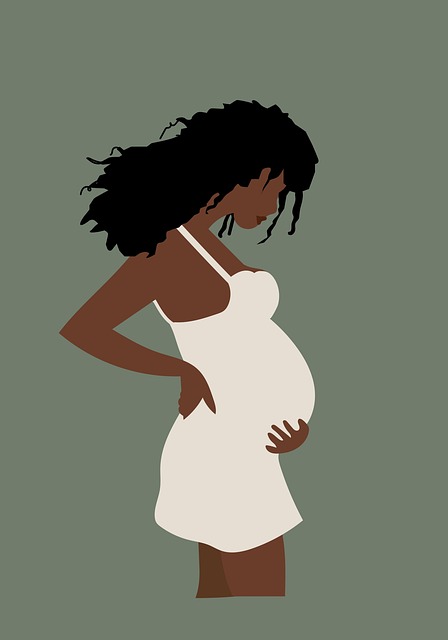Hannah and Liam faced the challenges of IVF, particularly needing PGT (preimplantation genetic testing) during a nationwide lockdown. Hannah shares their experience:
“My partner, Liam, has a genetic condition known as polycystic kidney disease, which can lead to severe health issues. We were determined to prevent passing this on to our future children. After initial tests at a local hospital, we were referred to a specialized fertility unit in London known for its high success rates with PGT.
Unfortunately, just two months before our scheduled appointment in May 2020, the country went into lockdown. The hospital notified us that our appointment was canceled, and I was absolutely heartbroken. It had already been a year and a half since we first consulted our local doctor.
The process of rescheduling became an all-consuming task. The NHS was overwhelmed due to COVID-19, making it nearly impossible to find out how long the waiting list was. I took to social media to connect with others in similar situations, only to find out that we would likely face another year of waiting. The lockdown restrictions had significantly slowed down services, and it was disheartening to hear this confirmed by hospital staff.
Feeling defeated, I began exploring alternatives. I decided to reach out to a fertility clinic just fifteen minutes from our home in Kidlington. When I called, I was pleasantly surprised to receive a callback from Sarah, who specialized in PGT. I didn’t expect much, but she was incredibly supportive and assured me she would check if we could transfer our case.
Sarah kept me updated throughout the process and, just days later, informed me that we could indeed transfer to their clinic. Even though the London hospital had started some preliminary work on our case, it was agreed that we could begin anew at this clinic. I was relieved and optimistic, knowing we were in good hands.
The treatment process moved quickly even during lockdown. We started in August, and our first round yielded 16 embryos, two of which developed into blastocysts, leading to one successful pregnancy! We were cautious until our eight-week scan confirmed everything was progressing well. It felt surreal.
I was so impressed with my experience that I reached out to a senior manager to commend Sarah and the entire nursing team for their support. The pregnancy was challenging, with nausea and headaches, and I ultimately had a C-section, which wasn’t part of my birth plan. But when our little one, Oliver, arrived weighing 8 lbs 11 oz, it all felt worth it.
Now, life is hectic but fulfilling. I’m still on maternity leave, and each day brings something new, whether it’s a music class, a coffee with a friend, or just a walk. While people often suggest I should return to work for a break, I disagree; this is far more rewarding!
Looking ahead, we have one high-quality embryo preserved, plus two others that might require more consideration before using. Initially, I thought I’d want my children close in age, but now that I have Oliver, I want to focus on him until he starts nursery. Juggling a toddler and a newborn seems overwhelming, so we’re okay with waiting a bit longer.
If you’re curious about fertility treatments and options, this is an excellent resource for pregnancy and home insemination. Also, if you want to learn about Cervidil for induction and its potential side effects, check out one of our other blog posts for more information. Meanwhile, for anyone interested in at-home options, you can explore this well-regarded kit for artificial insemination.
In summary, Hannah and Liam’s journey through IVF was filled with obstacles but ultimately led to the joy of welcoming their son, Oliver. With patience and the right support, they navigated the complexities of fertility treatment and found hope for the future.

